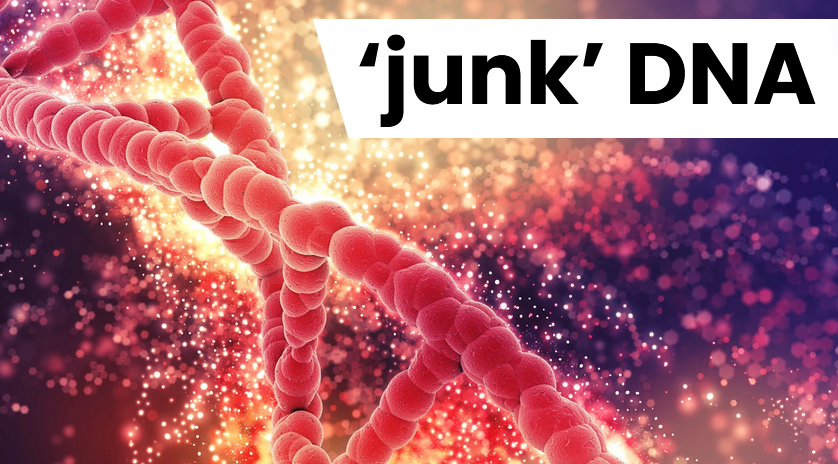What is ‘junk’ DNA? – Current Updates (July, 2024)
New research from the Garvan Institute of Medical Research has shown that the non-coding regions of DNA may contain cancer-causing genes. This goes against the old idea that these regions were just “junk.” This big step forward opens the door to new ways of diagnosing and treating different kinds of cancer.
Significance of Non-Coding DNA
Non-coding DNA makes up about 98% of our genome. It was once called “junk DNA” because it doesn’t code for proteins. The study, which was published in Nucleic Acids Research, showed how important these areas may be. Scientists found changes in these places that might play a part in how at least 12 different types of cancer start and spread, such as prostate, breast, and colorectal cancer.
Role of CTCF Binding Sites
The study was mostly about the places in DNA where CTCF can join. These spots are very important for folding DNA into specific 3D forms that control how genes work. If these sites, which are like “anchors” in the genome, get messed up, it could cause genes to be expressed incorrectly and contribute to cancer. The researchers used CTCF-INSITE, a powerful AI tool, to look at more than 3,000 tumor samples. They found that these CTCF binding spots were always changed in different types of cancer.
Implications for Universal Cancer Treatment
The fact that these changes are found in all types of cancer suggests that they could be used as a new target for all types of cancer treatments. This finding could lead to the creation of cancer treatments that work for more than one type. This is a big change from the way treatments are currently made, which are specific to each mutation.
Future Research Directions
The Garvan Institute wants to keep looking into this topic by changing genes with CRISVC to learn more about how these anchor mutations change the structure of the genome and help cancer grow. The results of these studies might help find important genes or pathways that could be used as early detection markers or as new therapeutic targets. This study also shows how useful AI can be in medical research by giving researchers tools that can find important insights in huge amounts of data. The study not only helps us learn more about the genetic causes of cancer, but it also leads to new ways to diagnose and treat the disease.
Month: Current Affairs - July, 2024
Category: Science & Technology Current Affairs







